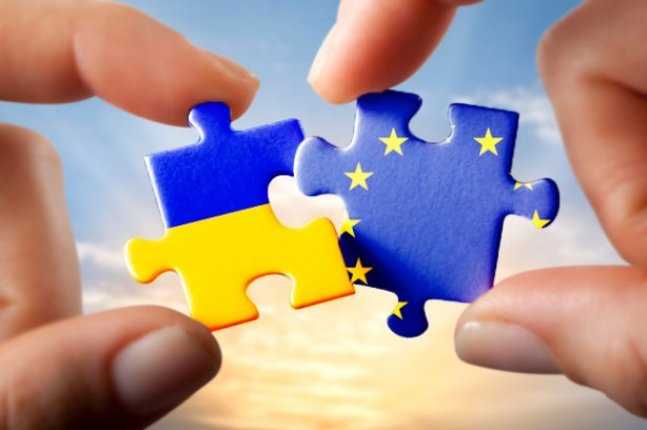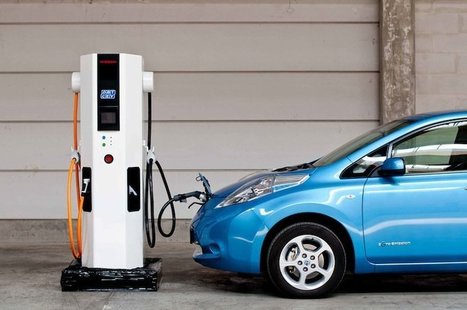The European Union (EU) has decided to commence negotiations regarding Ukraine’s accession to the bloc. What does this decision signify, and how lengthy is the process?
Ukraine officially gained candidate status for EU membership on December 23, 2022. To meet candidacy criteria, Ukraine embarked on implementing seven key reform blocks, including anti-corruption and judicial reforms, as well as restructuring the Constitutional Court.
By the end of September 2023, the Prime Minister announced the government’s full compliance with the European Commission’s recommendations for Ukraine’s EU accession. In November, the European Commission indicated that Ukraine had fulfilled four out of the seven necessary steps for initiating negotiations. Subsequently, the European Commission recommended to the EU Council to start the accession negotiation process with Ukraine.
What unfolds after this decision, and what are the next steps for both Ukraine and the EU?
For Ukraine, the task is clear: continue implementing the European Commission’s recommendations, outlined in November when recommending the start of accession negotiations. While Ukraine has formally fulfilled most of these recommendations, feedback from the European Commission on the adequacy of these steps is expected. Furthermore, the implementation of laws is crucial, not just their enactment.
As for the EU, the Summit conclusions specify that, after Ukraine completes the recommended steps, the EU Council, composed of ministers from member countries, must approve the “negotiating framework.” This essentially constitutes the technical aspects of the negotiation process. Negotiations for each candidate country are unique, making individual predictions necessary. Ukraine’s case presents several challenges, ranging from a full-scale war to the sheer size of its territory.
In broad terms, accession negotiations involve aligning national legislation with EU laws, categorized into 35 conditional chapters. The principle is to close one chapter and move on to the next. The Ukrainian government aims to complete this path in two years, closing negotiations by 2025. Only three other countries – Finland, Austria, and Sweden – achieved this feat, benefiting from more favorable starting conditions (market economy, decades of integration into European processes).
However, it is important to note that concluding negotiations does not equate to membership, as parliamentary approval from all EU member states is still required. Regarding more grounded predictions, some experts mention the year 2030 as a potential timeframe for Ukraine’s EU accession, which could coincide with a broader EU enlargement, incorporating Moldova, possibly Georgia, and several Western Balkan countries (e.g., Albania, Montenegro, North Macedonia).
Alternatively, 2028 is mentioned as the final year before the EU institutions undergo elections to the European Parliament. In any case, the journey toward EU membership entails challenges and uncertainties, and history has shown that surprises can arise, as evidenced by the recent decisions of EU leaders.
Source





